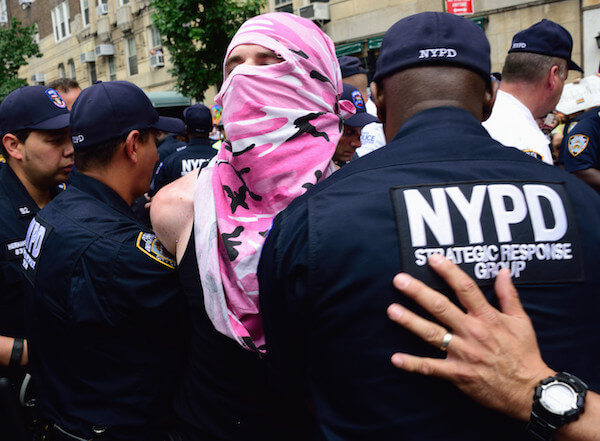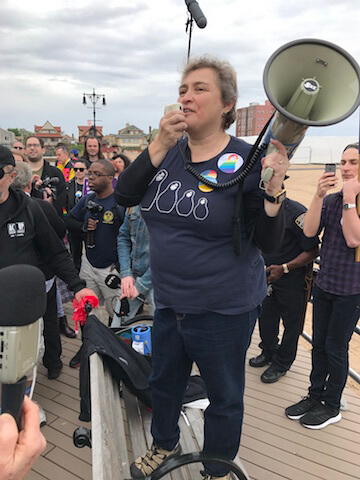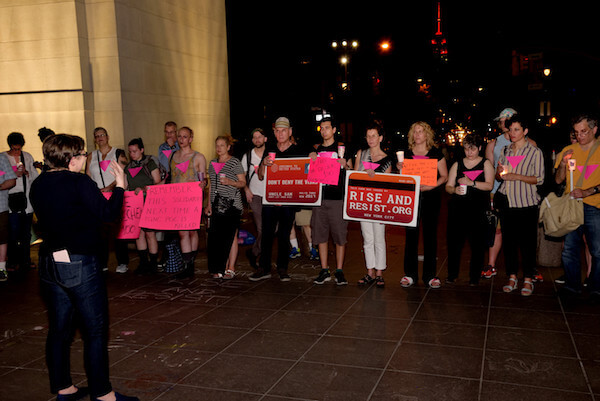With the coronavirus pandemic creating a critical shortage in the nation’s supply of blood needed for transfusions, platelets, and plasma, out gay Manhattan State Senator Brad Hoylman has exactly the right idea.
It is well past time for the US Food and Drug Administration to end the outdated and discriminatory ban on gay men donating blood.
Last week, on March 19, the FDA put out an urgent call for blood donations. Many Americans who make it a practice to frequently give blood have been staying away in recent days in the interests of social distancing to slow the spread of COVID-19. Three days after the FDA’s call for more donations, Mayor Bill de Blasio issued his own urgent call for blood donations in what has become the epicenter of the nation’s health crisis.
A review of the policy’s history makes clear just why it is an irrational hobbling of the nation’s public health efforts.
In 1983 — just as the nation’s hysteria about the emerging AIDS crisis was shifting into high gear — the FDA put a blanket lifetime ban on blood donations by any man who had engaged in sex with other men, as well as on women who had engaged sexually with such men.
Over time, however, the technologies applied in screening blood donations made it possible to prevent the HIV virus from entering the nation’s blood supply. As early as 1997, the American Association of Blood Banks began to recommend a rethinking of this policy. Resistance within the FDA, however, was strong. It was not until late 2015 that the agency adopted what it heralded as a major reform.
It wasn’t really much of a reform at all. The lifetime ban on donations by gay men, other men who have sex with men (MSMs), and women who have sex with MSMs was reduced to a ban on donations by anyone who had engaged in such sex over the previous year. In other words, millions of gay men and others could only give blood if they had been sexually abstinent for the prior year.
As Hoylman’s March 24 letter to the FDA makes clear, this restriction is absurd. The current blood screening technology, the Nucleic Acid Test, detects HIV in donated blood to the degree that the risk of HIV infection from such blood is only 1 in 1.47 million, by the FDA’s own admission. Abolishing the ban altogether would put the US in line with best practices internationally as observed by South Africa, Italy, Mexico, and Argentina.
Consider the benefits. A 2014 study out of UCLA Law School’s Williams Institute found that allowing gay men to donate blood would increase the overall blood supply by four percent, which is the equivalent of more than 615,000 additional pints. One pint of blood can save as many as three lives, which means that opening up this pool of donors could make the difference between life and death for more than 1.8 million Americans.
When AIDS emerged on the scene in 1981 and government officials in Washington, Albany, and New York denied, ignored, and dawdled, it was the LGBTQ community that stepped up to take our lives and well-being into our own hands. From Gay Men’s Health Crisis to ACT UP, Bailey House, Housing Works, the Treatment Action Group, and many more institutions we built, a new model of citizen and consumer healthcare advocacy was born.
Gay men are eager to help our fellow citizens. Don’t keep shutting the door on us.



































